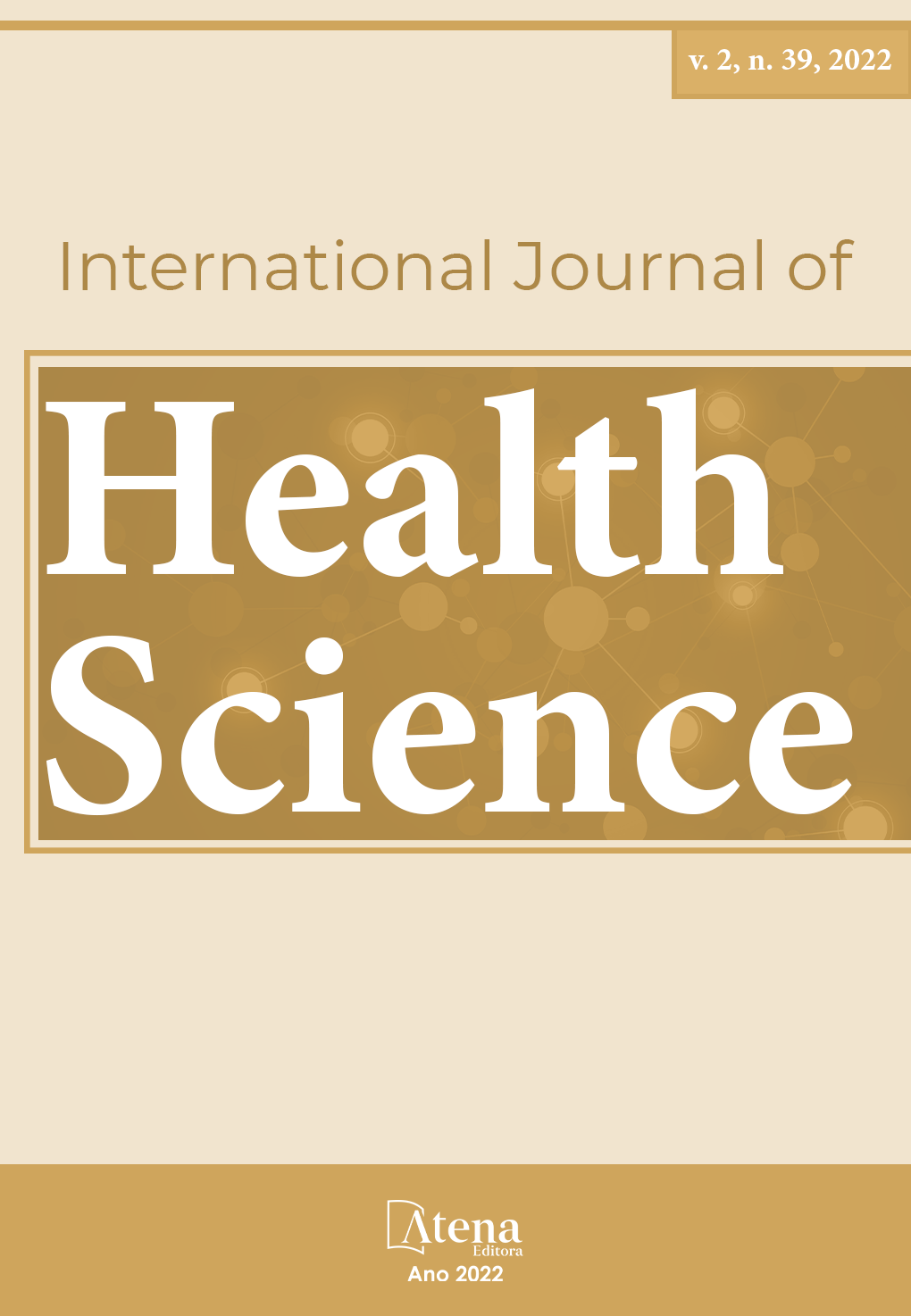
PSEUDOMEMBRANOUS COLITIS RESULTING FROM THE USE OF ANTIBACTERIALS: A SYSTEMATIC REVIEW
Pseudomembranous colitis is an inflammatory condition of the colon characterized by raised whitish-yellow plaques that coalesce to form pseudomembranes on mucosal surfaces. Antibacterial treatment is the main risk factor for the development of pseudomembranous colitis through the interruption of resistance to colonization of the intestinal microbiota, which favors colonization by the Clostridium difficile. This article is a systematic review of the literature, using the PubMed database. Were selected 14 articles using the descriptors: “pseudomembranous enterocolitis AND antibacterials”. Studies have shown that under normal conditions, this human gut microbiota can prevent the colonization of pathogens through general mechanisms, such as direct inhibition by bacteriocins, nutrient depletion, or stimulation of the host's immune defenses. However, treatment with broad-spectrum antibacterials preceding C infection. difficile disturbs the normal balance of the colonic microbiota, creating a more hospitable environment for the growth of C. difficile. Therefore, the use of antibacterials is the main responsible for the disruption of the intestinal microbiota and, consequently, for the reduction of resistance to colonization, which favors the infection by C. difficile and the development of pseudomembranous colitis.
PSEUDOMEMBRANOUS COLITIS RESULTING FROM THE USE OF ANTIBACTERIALS: A SYSTEMATIC REVIEW
-
DOI: 10.22533/at.ed.1592392215074
-
Palavras-chave: pseudomembranous colitis, antibacterial, Clostridium difficile
-
Keywords: pseudomembranous colitis, antibacterial, Clostridium difficile
-
Abstract:
Pseudomembranous colitis is an inflammatory condition of the colon characterized by raised whitish-yellow plaques that coalesce to form pseudomembranes on mucosal surfaces. Antibacterial treatment is the main risk factor for the development of pseudomembranous colitis through the interruption of resistance to colonization of the intestinal microbiota, which favors colonization by the Clostridium difficile. This article is a systematic review of the literature, using the PubMed database. Were selected 14 articles using the descriptors: “pseudomembranous enterocolitis AND antibacterials”. Studies have shown that under normal conditions, this human gut microbiota can prevent the colonization of pathogens through general mechanisms, such as direct inhibition by bacteriocins, nutrient depletion, or stimulation of the host's immune defenses. However, treatment with broad-spectrum antibacterials preceding C infection. difficile disturbs the normal balance of the colonic microbiota, creating a more hospitable environment for the growth of C. difficile. Therefore, the use of antibacterials is the main responsible for the disruption of the intestinal microbiota and, consequently, for the reduction of resistance to colonization, which favors the infection by C. difficile and the development of pseudomembranous colitis.
-
Número de páginas: 6
- Vanessa Soares de Araújo
- Gustavo Batista Oliveira
- Ana Clara Lima Machado
- Bárbara Izarias Barbosa
- Beatriz Vieira Carrijo
- Sarah Rezende Vaz
- Andressa Morgado Parreira
- Nathália Cristine Alves do Nascimento
- Kárita Fernanda de Oliveira Rodrigues Bravo
- Álvaro Fernandes Ferreira
- Laura Chaves Barbosa
- Rogério Gomes de Melo Filho


